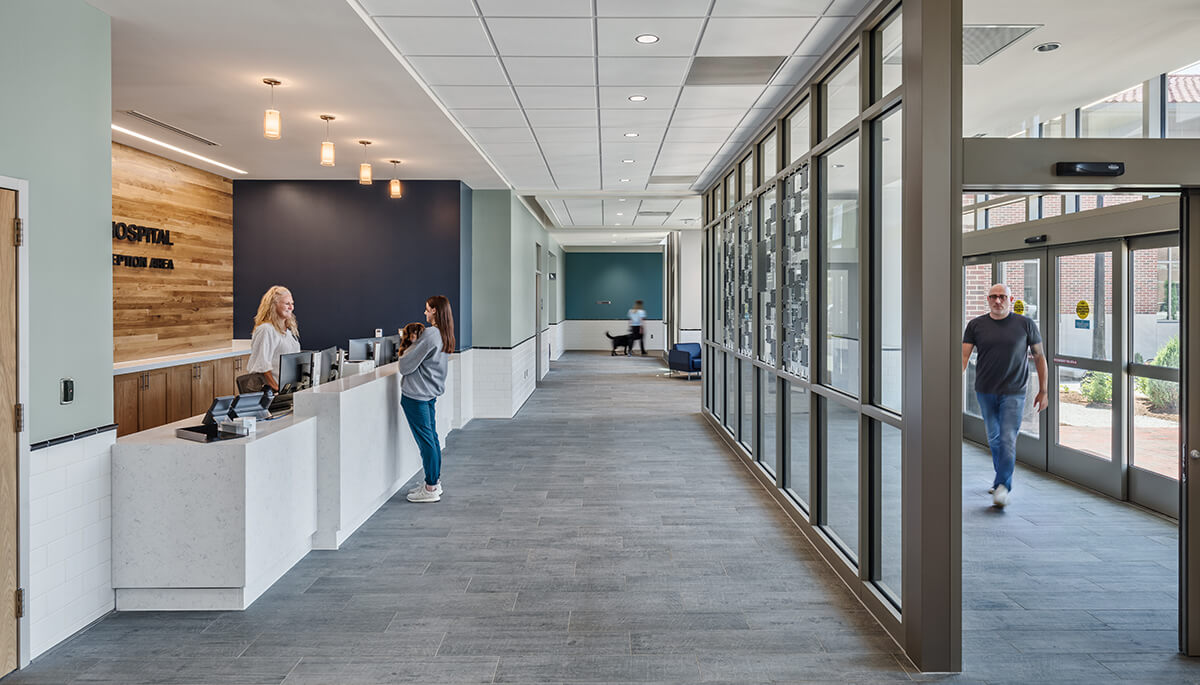Decoding Animal Diagnostic Labs in the US with Pro Tips
Decoding Animal Diagnostic Labs in the US with Pro Tips
Blog Article
When your pet needs specialized care, a veterinary laboratory plays a critical role in providing accurate diagnostics and treatment guidance.
From routine screenings to emergency diagnostics, veterinary labs help uncover hidden health issues, confirm diagnoses, and track treatment progress.
Whether you’re a pet parent searching for a “veterinary lab near me” or a veterinary professional looking for top-tier lab partners, this guide will provide expert insights and practical tips.
What Is a Veterinary Laboratory?
These labs support veterinarians by providing critical diagnostic insights that can’t be seen during a physical exam alone.
Larger labs may also offer molecular diagnostics, genetic screening, and advanced pathology services.
In the US, veterinary laboratories can operate as standalone diagnostic centers, be integrated into veterinary hospitals, or work as part of nationwide networks.

What Tests Do Veterinary Labs Offer?
Routine blood tests, such as complete blood counts (CBC) and blood chemistry panels, provide insights into organ function, immune response, and general wellness.
Advanced labs may also provide molecular diagnostics, including PCR testing for specific pathogens or genetic screenings for hereditary conditions.
Whether a veterinarian is confirming diabetes, diagnosing cancer, or screening for zoonotic diseases, a reliable veterinary lab ensures the right data is available for informed decisions.
Locating a Veterinary Laboratory in Your Area
Start by asking your veterinarian—they often have trusted partnerships with local or national labs and can guide you to the right provider.
Reading reviews and checking for specific services (like 24-hour diagnostics or exotic animal testing) can also help narrow your search.
Choosing the right local lab ensures quick turnaround, reliable results, and peace of mind.

Choosing Between Standard and 24-Hour Veterinary Labs
Not all veterinary labs operate the same way.
If your pet is facing a life-threatening condition—such as sudden collapse, poisoning, or acute trauma—a 24-hour lab can deliver rapid results needed for immediate treatment.
For non-urgent screenings, wellness panels, or follow-up testing, standard labs are usually sufficient.
The Importance of Veterinary Lab Testing
Veterinary diagnostics are the backbone of modern animal healthcare.
Blood tests, for example, can detect kidney or liver dysfunction early, allowing for interventions that prolong quality of life.
Ultimately, investing in proper veterinary diagnostics is an investment in your pet’s well-being.
Final Thoughts on Veterinary Diagnostics
In today’s world, ensuring your pet receives clique neste link top-quality care means laboratório veterinário são josé partnering with the right veterinary laboratory.
The combination of expert veterinary care and reliable diagnostics is what keeps pets healthier, longer.
As veterinary medicine continues to evolve, so do the diagnostic tools available to monitor and protect your pet’s health.
Common Questions About Veterinary Labs
Why do vets use diagnostic labs?
A veterinary diagnostic lab analyzes samples from animals (like blood, urine, or tissue) to detect diseases, monitor health, and guide treatment plans.
How do I find a veterinary lab near me?
You can also search online directories or check with veterinary associations to find accredited labs in your area.
How do I know if I need an emergency vet lab?
If your pet experiences sudden, severe symptoms—such as collapse, poisoning, or acute injury—a 24-hour veterinary lab can provide rapid diagnostics to support emergency treatment.
What types of tests are done in veterinary labs?
These tests help detect infections, organ issues, cancers, and metabolic diseases.
Are veterinary diagnostics expensive?
Routine bloodwork may range from $50–$200, while specialized or emergency tests can cost more.
Report this page